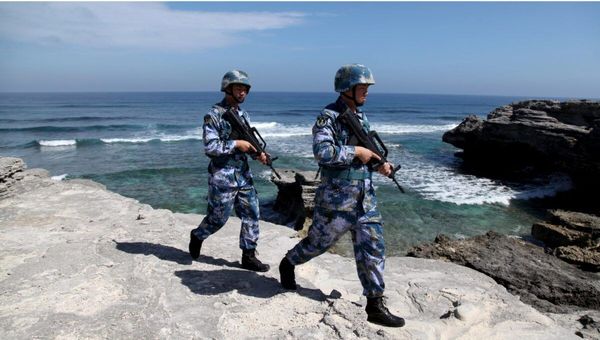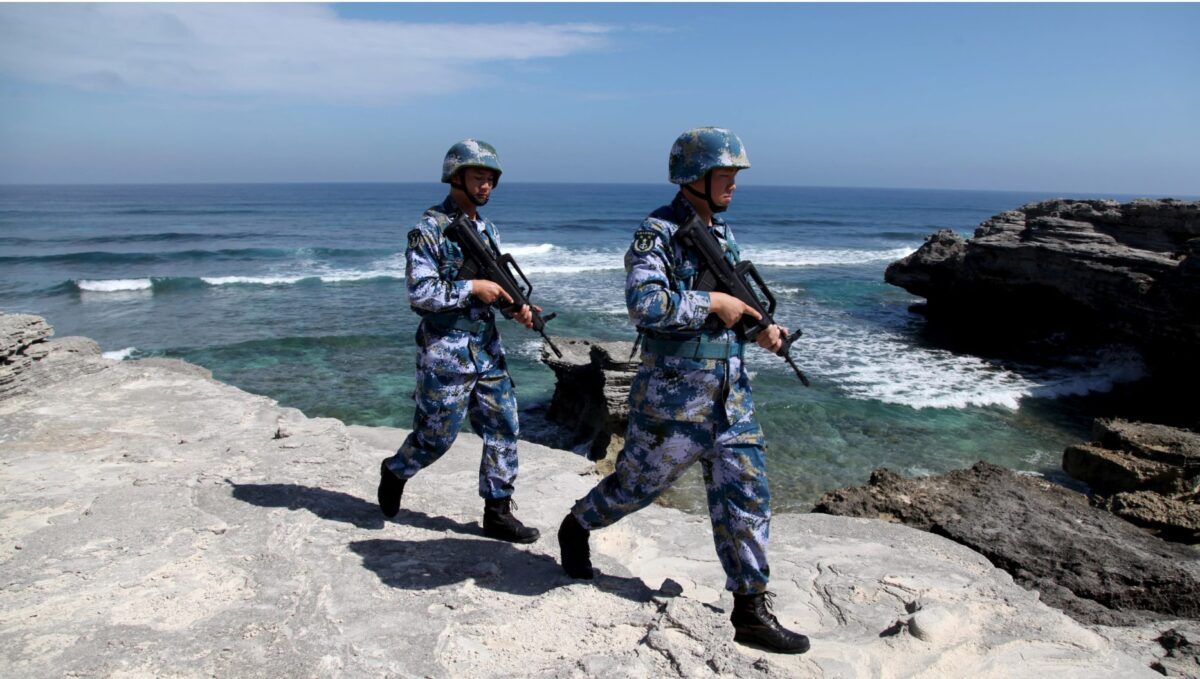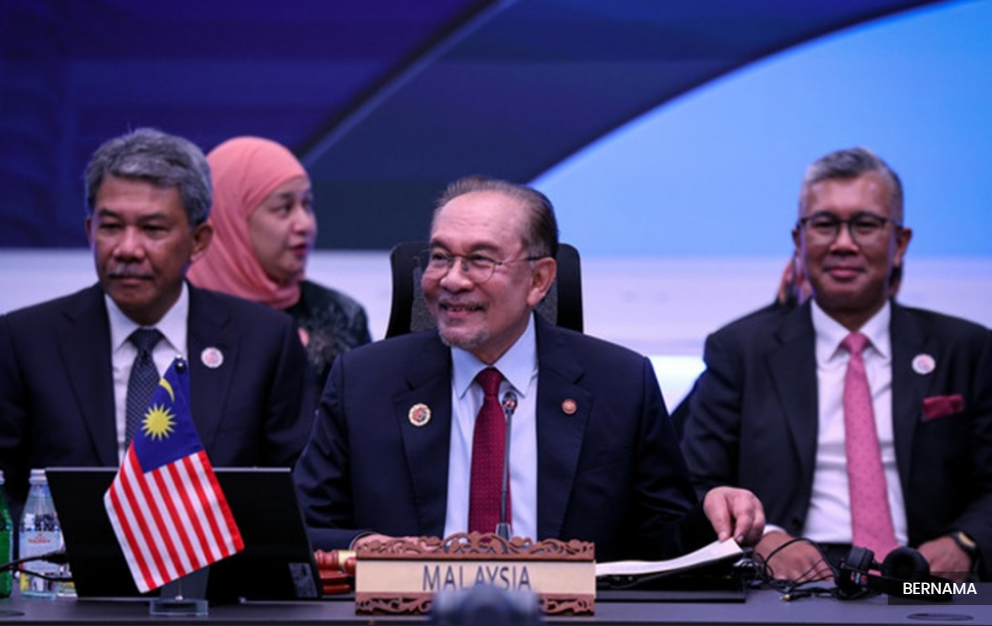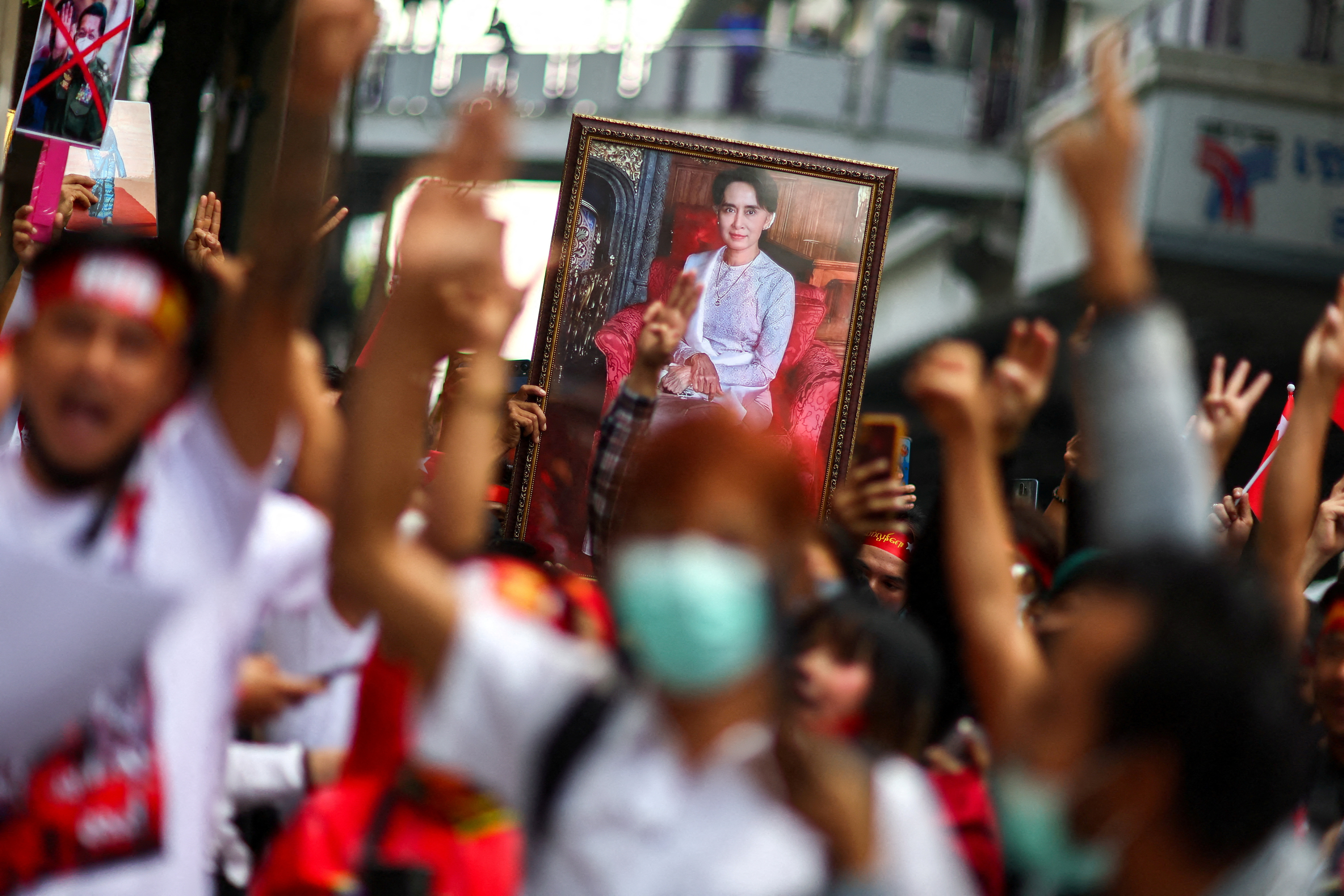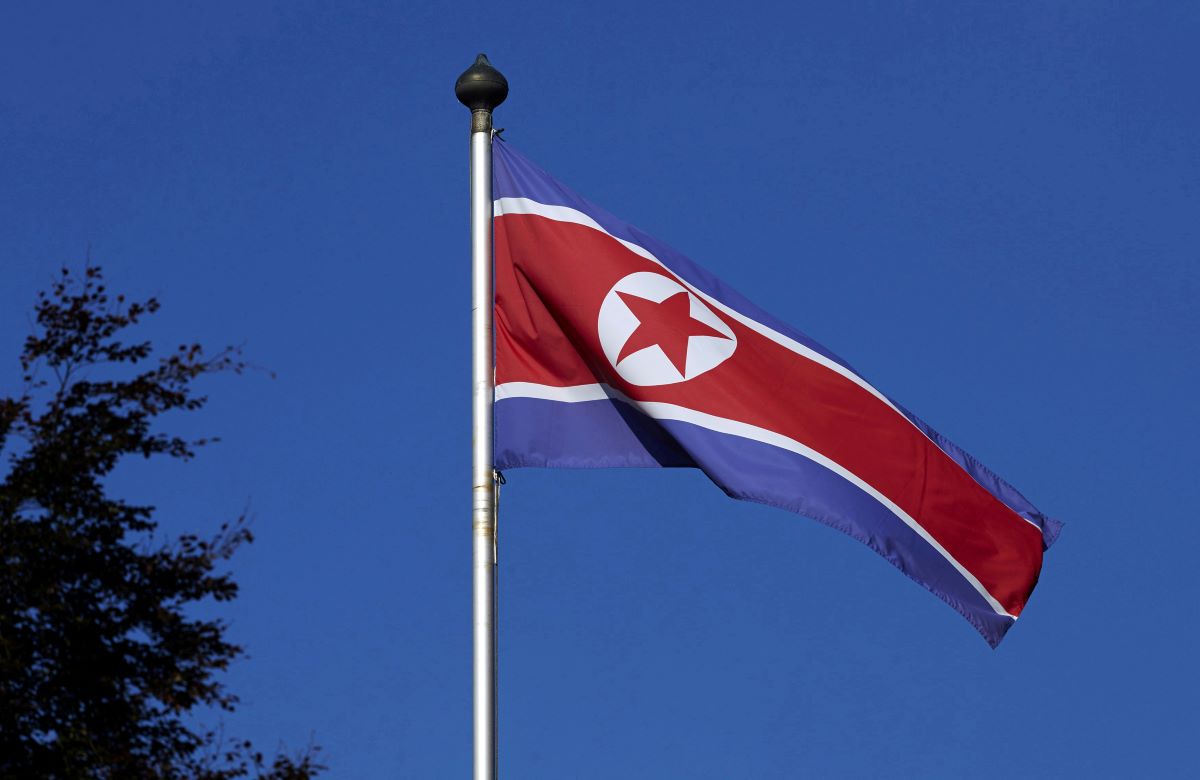SHAH ALAM, Oct 27 — Disputes in Southeast Asia must be resolved internally and with the collaboration of regional partners, not dictated by external powers, said Prime Minister Datuk Seri Anwar Ibrahim.
He urged all parties involved to stay engaged in ongoing negotiations, adding that the situation remains under control today.
“Of course, there have been extensive discussions. We are happy that all parties have agreed to formulate this Code of Conduct (for the South China Sea).
“But as is the case with all issues, we want it to be resolved within Asean and with our partners in the region because the moment it is seen to be imposed and dictated by outside forces, things become more problematic and tense,” Anwar said during 20th East Asia Summit (EAS) today, in conjunction with the 47th Asean Summit at the Kuala Lumpur Convention Centre (KLCC).
The South China Sea dispute involves overlapping territorial claims by several countries, including Malaysia, China, the Philippines, Vietnam, Brunei, Taiwan, and Indonesia.
China claims approximately 90 per cent of the South China Sea, which encompasses numerous islands, reefs, and maritime features, basing its assertions on historical justifications represented by the nine-dash line.
Meanwhile, countries like the United States (US) have conducted freedom-of-navigation operations to challenge China’s claims and assert regional maritime rights.
In his speech, Anwar also reaffirmed Asean’s role as a driving force for regional peace and stability, calling for continued commitment to dialogue, cooperation, and multilateralism.
“Today, we must renew our shared purpose, reassert our objectives, and promote principled, forward-looking engagements.
“We will continue to advocate for dialogue over coercion, balance over binaries, and cooperation over confrontation,” he said.
The Prime Minister also addressed several pressing issues, like the situations in Gaza and Myanmar, welcoming US President Donald Trump’s comprehensive plan to end the Gaza conflict and reaffirming Asean’s commitment to the Five-Point Consensus on Myanmar.
On North Korea, Anwar expressed concern over the recent surge in ballistic missile launches but maintained that Malaysia supports continued engagement with Pyongyang.
The nation’s position is consistent with its broader approach of promoting dialogue in all conflicts.
“Because once we call for engagement in all areas from Gaza to Ukraine to Myanmar, we should not preclude engagement with (the) DPRK,” he said.
